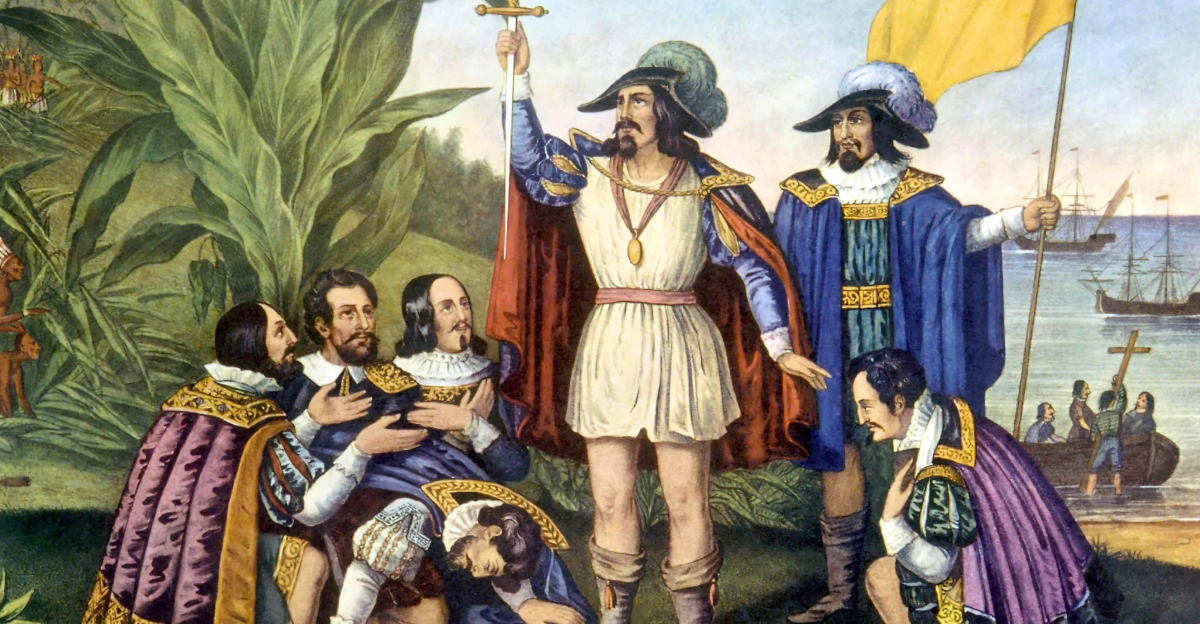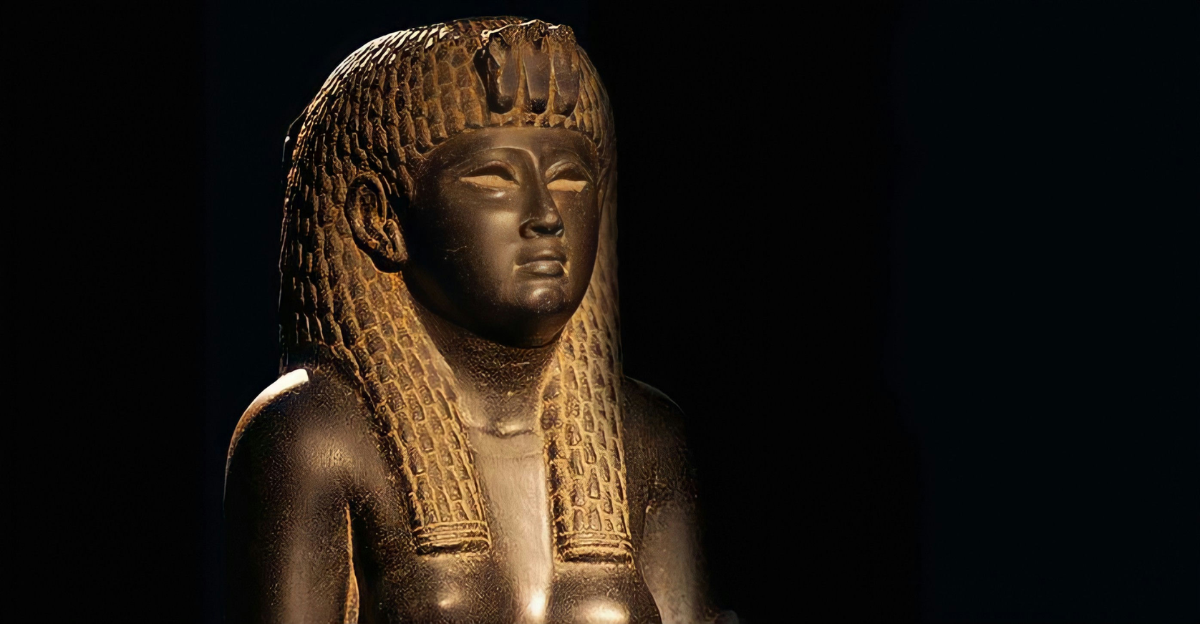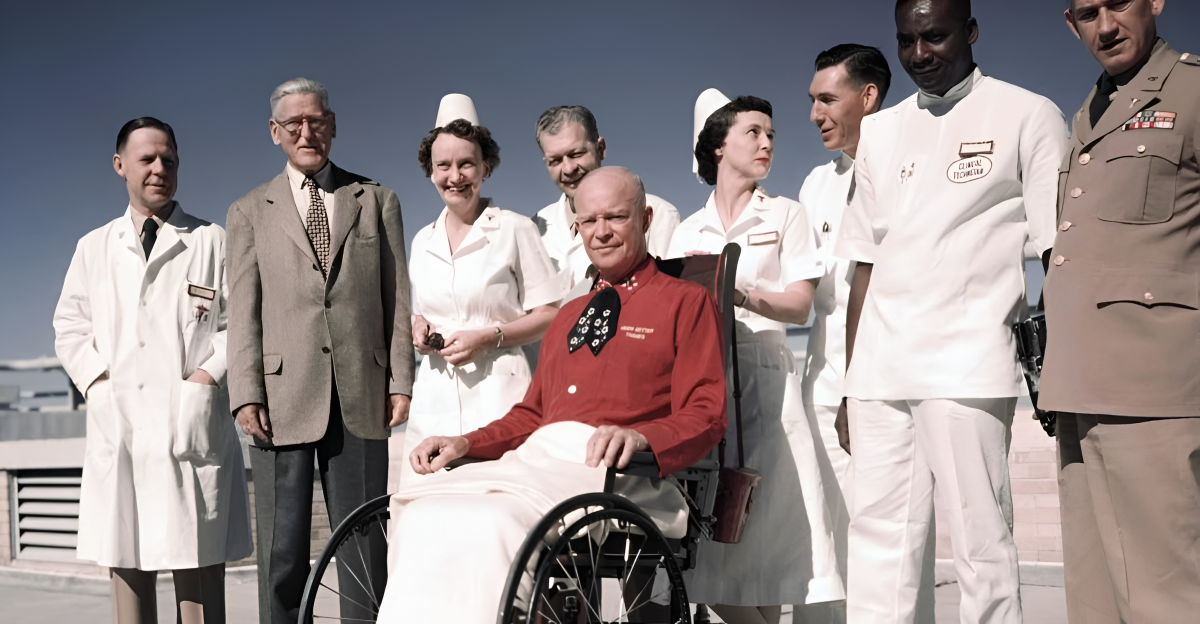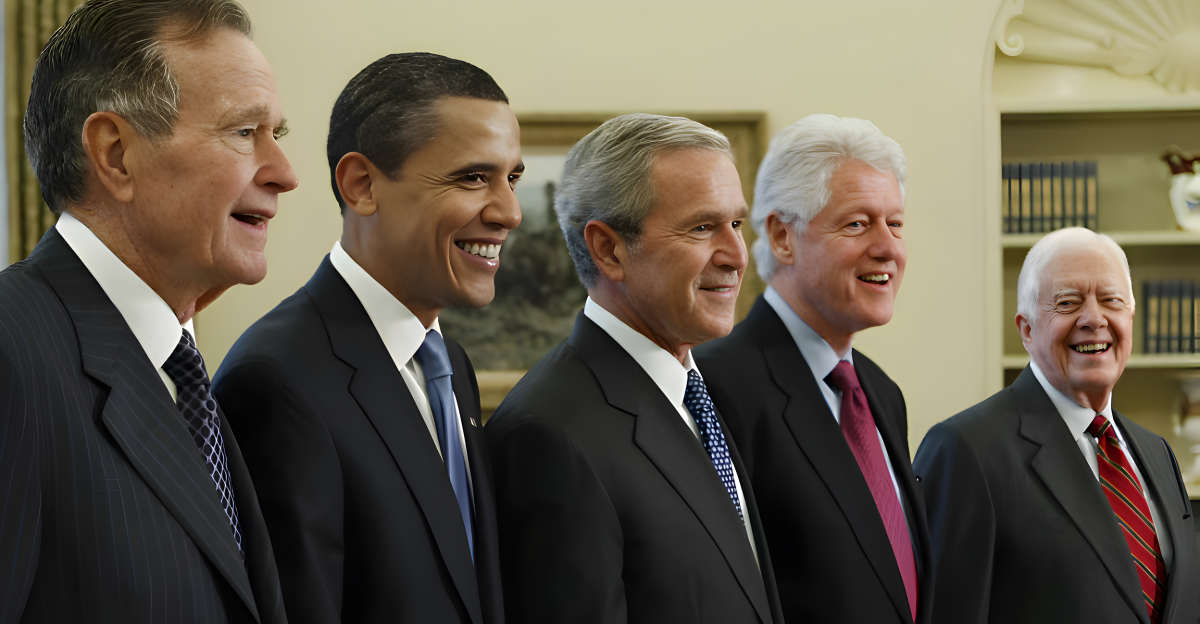
Every election, debates reignite over who the “best” president really was, usually splitting along party lines or nostalgic memories. But beyond popularity or scandal, greatness often lies in lasting impact. Surprisingly, recent historian rankings and public opinion point to eight leaders—plus one notable outlier—who changed America’s course in profound ways.
From Cold War endings to healthcare reforms, these presidents redefined the nation’s future. Forget the usual myths—this list is about substance, not soundbites. Who made the biggest mark on the country—and why don’t we talk about them the same way?
1. Lyndon B. Johnson—The Giant Just Outside the Frame
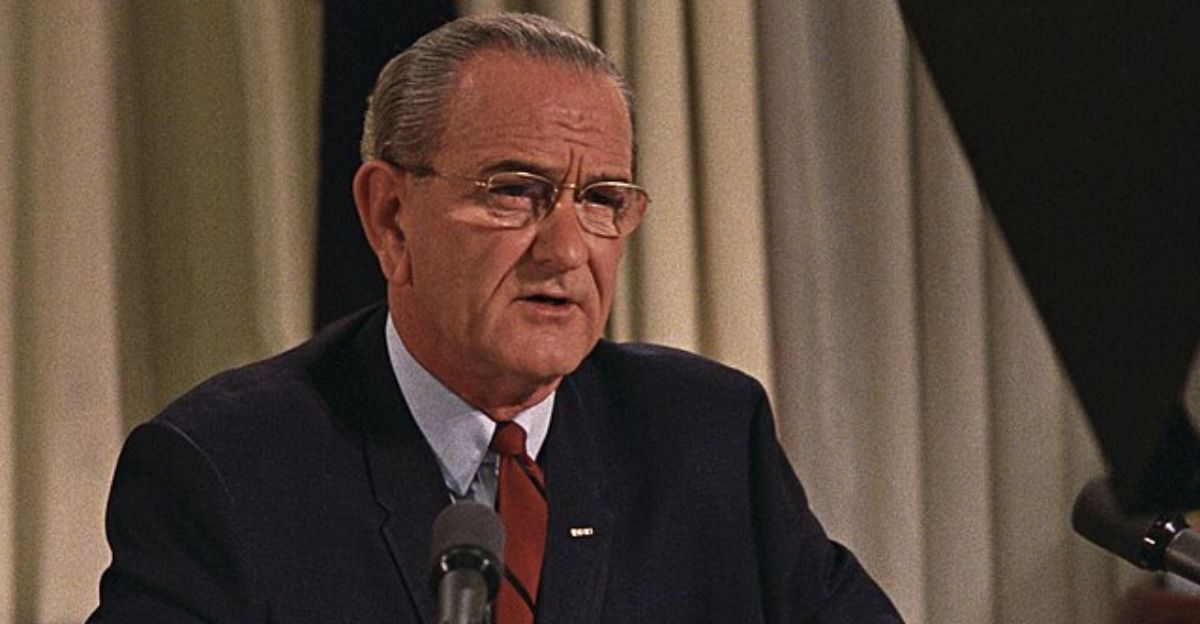
Technically beyond the 50-year cutoff, Lyndon Johnson’s legacy still echoes through modern America. His Great Society reforms birthed Medicare, Medicaid, and the Civil Rights Act, reshaping healthcare and equality for generations.
Yet, his escalation of the Vietnam War tarnished his legacy and forced his early retirement. Today, historians are re-evaluating Johnson—not just as a political bruiser, but as a domestic visionary who transformed daily life in ways we still feel today.
2. Ronald Reagan—Was It Vision or Just Timing?
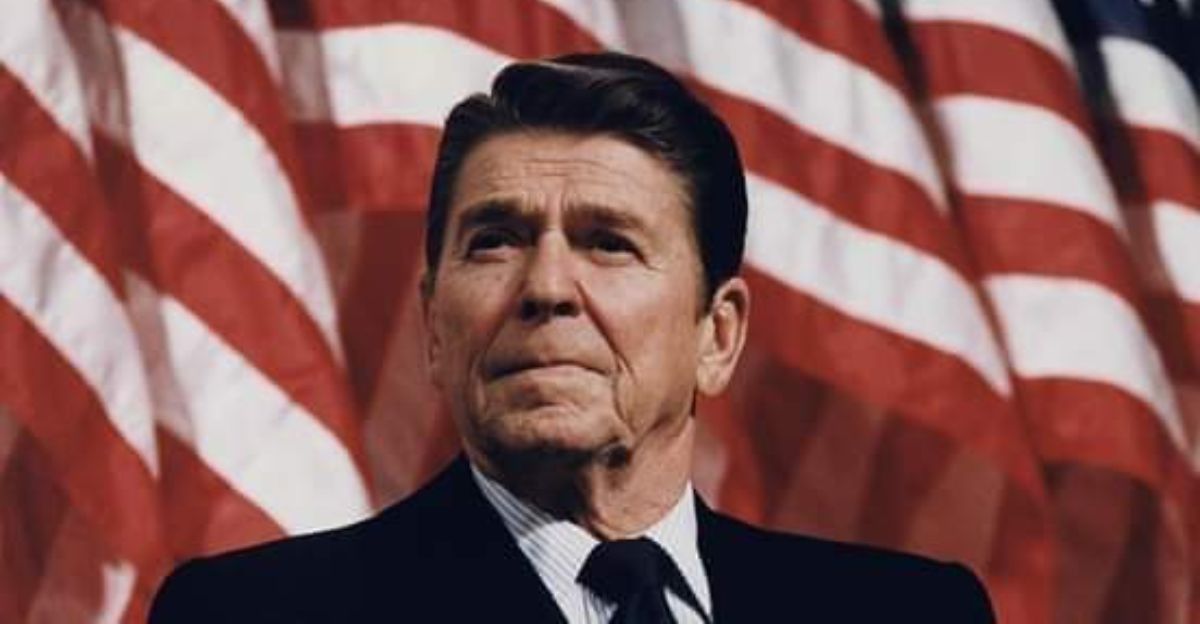
Reagan’s reputation as the Cold War’s closer and architect of 1980s prosperity is well known. His tax cuts, deregulatory agenda, and tough Soviet stance sparked lasting shifts in policy. But his “Great Communicator” image often masks a more hands-off leadership style.
Optimistic and market-driven, Reagan embodied a national pivot, even as critics link his policies to widening inequality and lasting economic divides. Was he a master strategist—or simply the right figure for a pivotal moment?
3. Barack Obama—Hope That Shifted Institutions
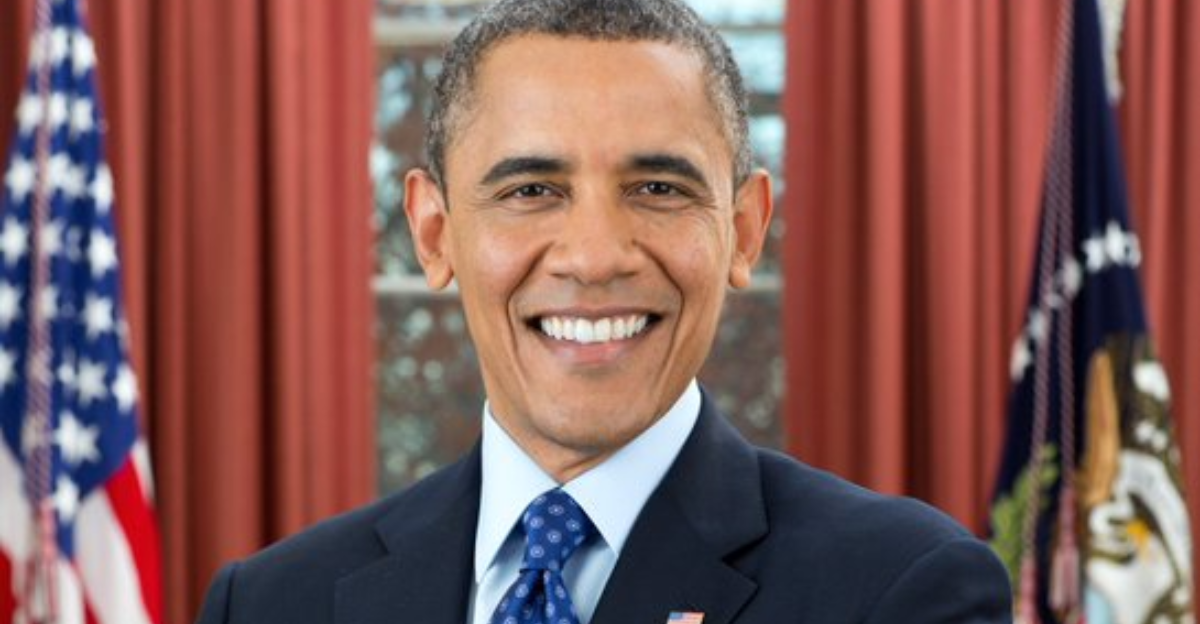
Obama’s 2008 election was historic—but his achievements went well beyond the moment. He led America out of the Great Recession, passed the Affordable Care Act, and oversaw the mission that killed Osama bin Laden.
While some criticized his pragmatic approach for being too incremental, his legacy on healthcare, climate diplomacy, and inclusion remains significant. As Obama once said, “We are the change that we seek”—a line that now reads more like a blueprint than a slogan.
4. George H.W. Bush—Diplomacy That Defined the Post-Cold War World
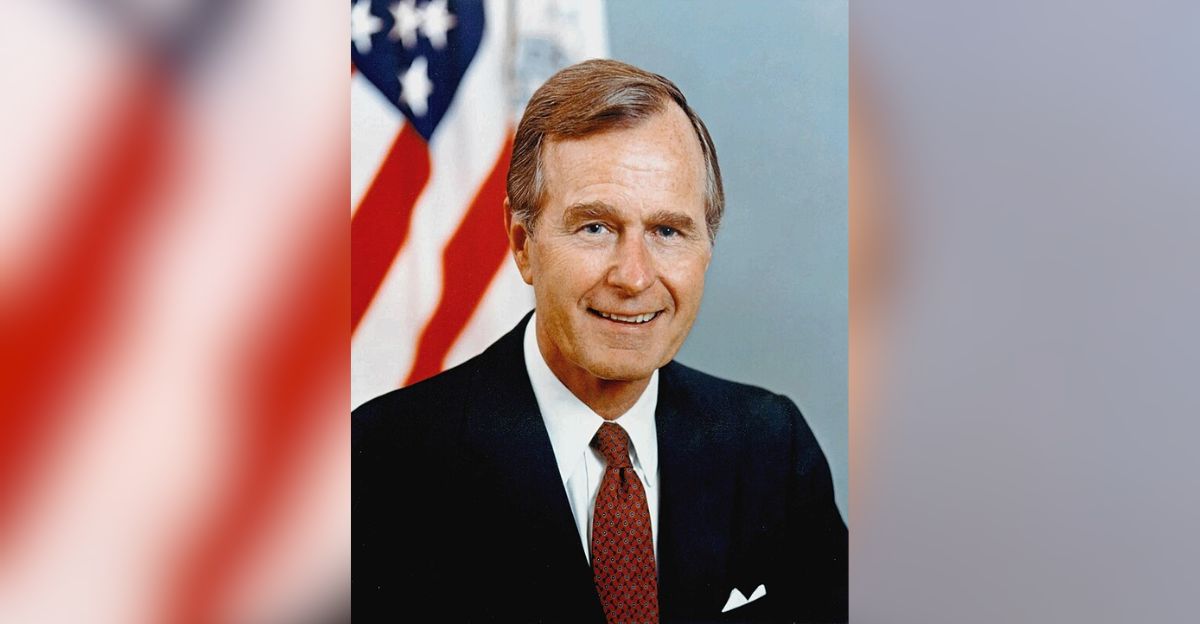
Often overlooked, George H.W. Bush’s single term quietly cemented America’s global leadership after the Cold War. He orchestrated German reunification, avoided humiliating a crumbling Soviet Union, and assembled a global coalition in the Gulf War.
His measured, multilateral approach stood in contrast to future unilateralism, offering a model for international cooperation. Though voters denied him a second term, his foreign policy legacy still shapes how power is negotiated today.
5. Jimmy Carter—Principled and Ahead of His Time
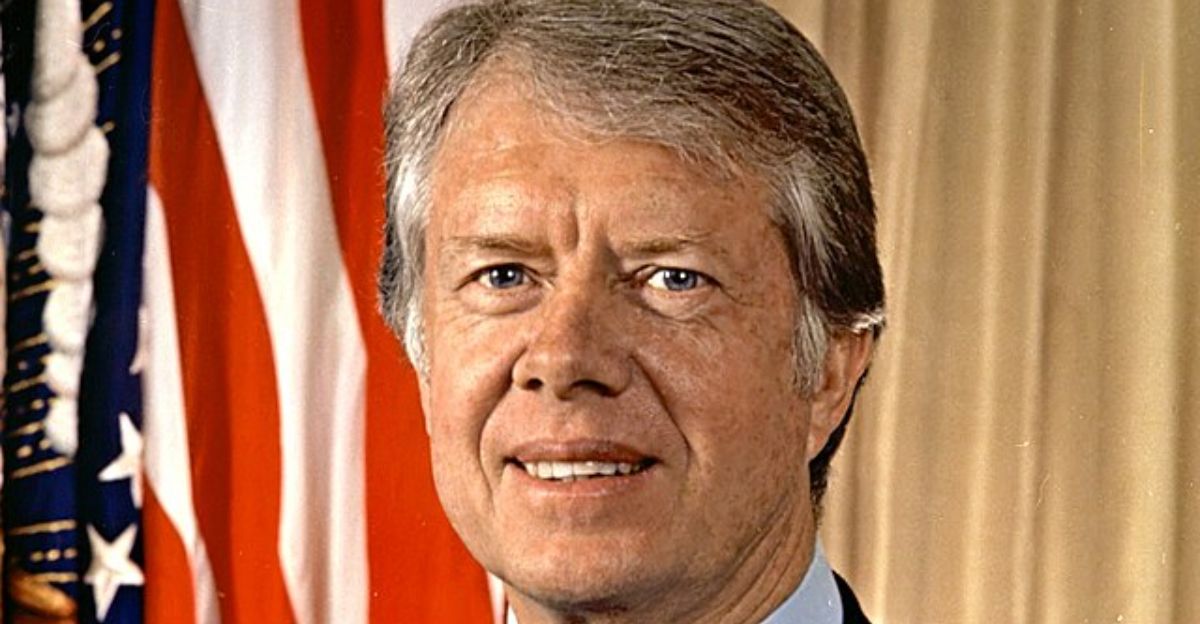
Often dismissed for economic woes and the Iran hostage crisis, Carter’s presidency is gaining renewed respect. He championed energy conservation, prioritized human rights in foreign policy, and brokered the Camp David Accords.
After office, he built a global reputation for humanitarian work. Carter’s legacy isn’t built on charisma—it’s grounded in integrity, long-view leadership, and policies that predated today’s climate and human rights debates.
6. George W. Bush—A Presidency Defined by Crisis
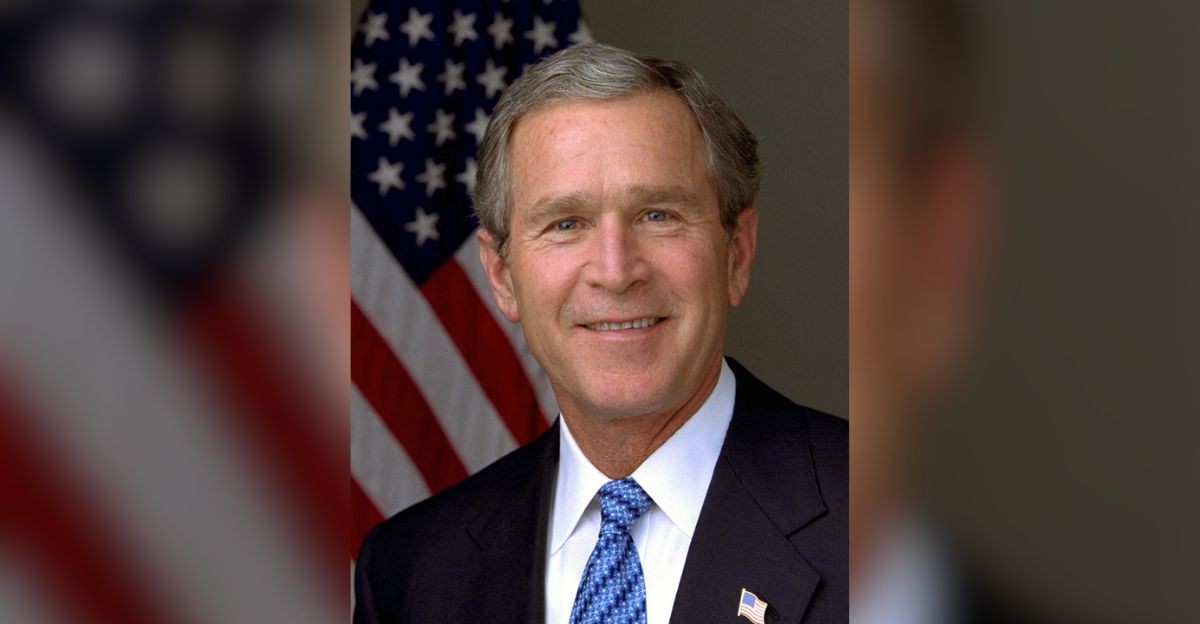
George W. Bush’s tenure was shaped by 9/11 and the War on Terror. His administration launched the invasions of Afghanistan and Iraq, created the Department of Homeland Security, and enacted the No Child Left Behind Act.
While his foreign policy remains controversial, Bush’s AIDS relief initiatives in Africa and his leadership during national trauma have earned bipartisan recognition. His legacy is a study in how crisis leadership can both unite and divide a nation.
7. Bill Clinton—Prosperity with Complications
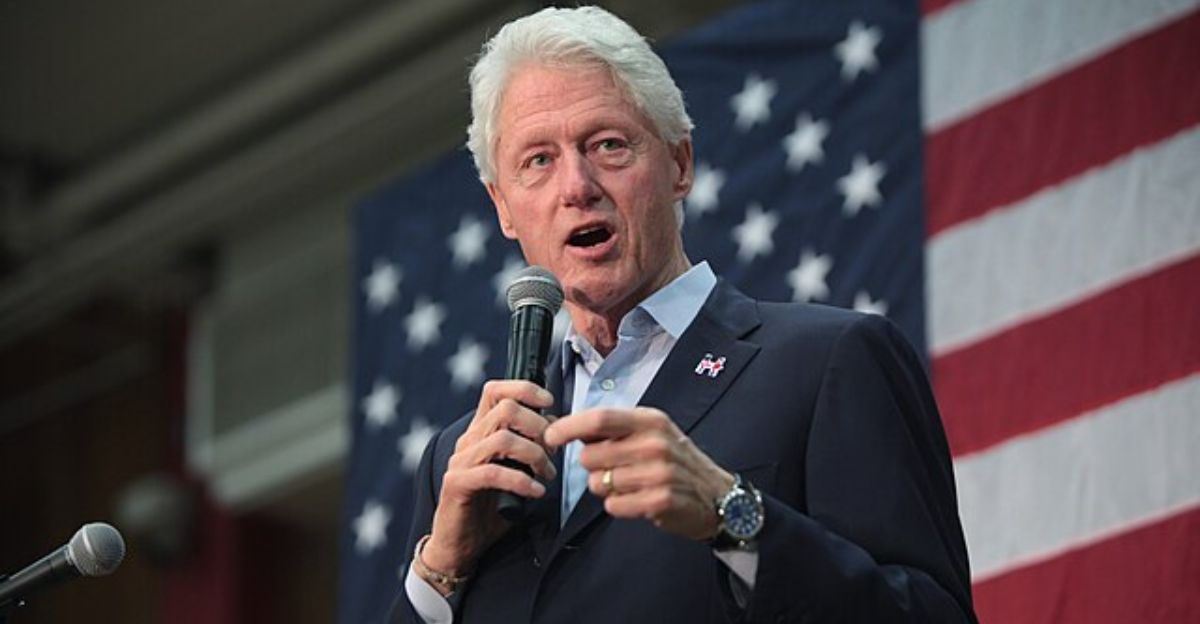
Under Clinton, the U.S. experienced its longest peacetime economic boom. He balanced the budget, expanded NATO, and pushed welfare reform. But his presidency was also marked by scandal and impeachment.
Critics say deregulation and financial policies during his era laid groundwork for future crises. Clinton’s years were undeniably prosperous—but they were also deeply complex, shaped by both global diplomacy and personal controversy.
8. Joe Biden—Redefining What Government Can Do
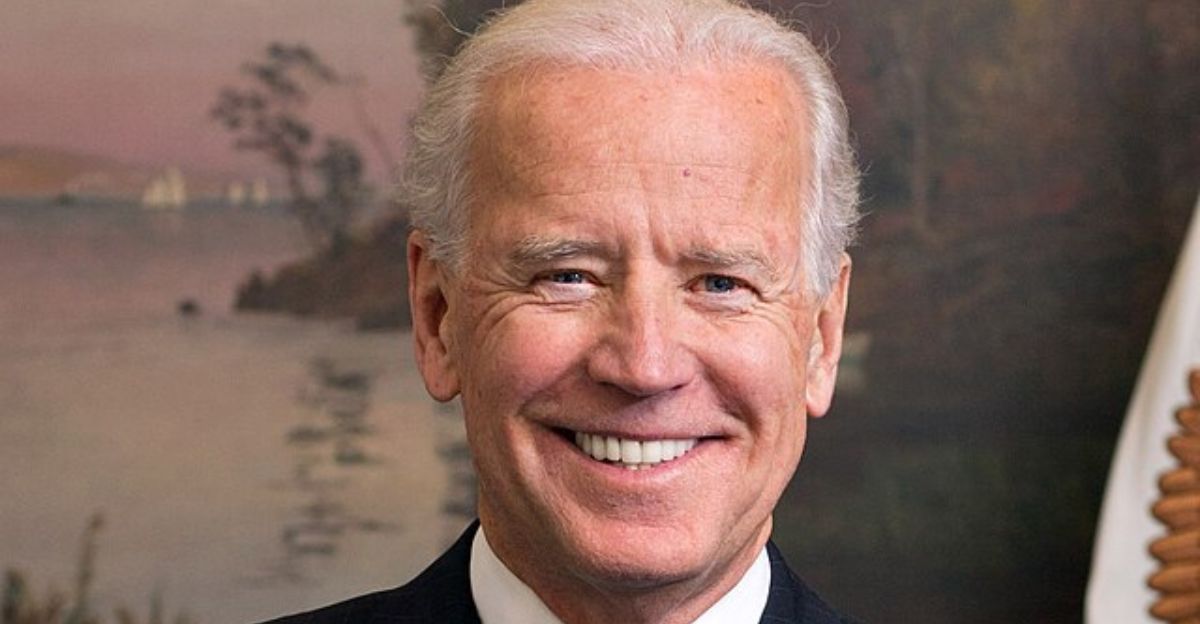
Though still in progress, Biden’s presidency is already notable for its ambition. He passed sweeping pandemic relief, invested in infrastructure, and recommitted America to global alliances.
His push for climate action and economic equity has reignited debates about the federal government’s role in shaping daily life. Critics warn of unsustainable spending, but Biden’s first years reflect a presidency aimed at bold recovery and reimagined norms.
9. Nixon’s Paradox—The Legacy That Refuses to Disappear
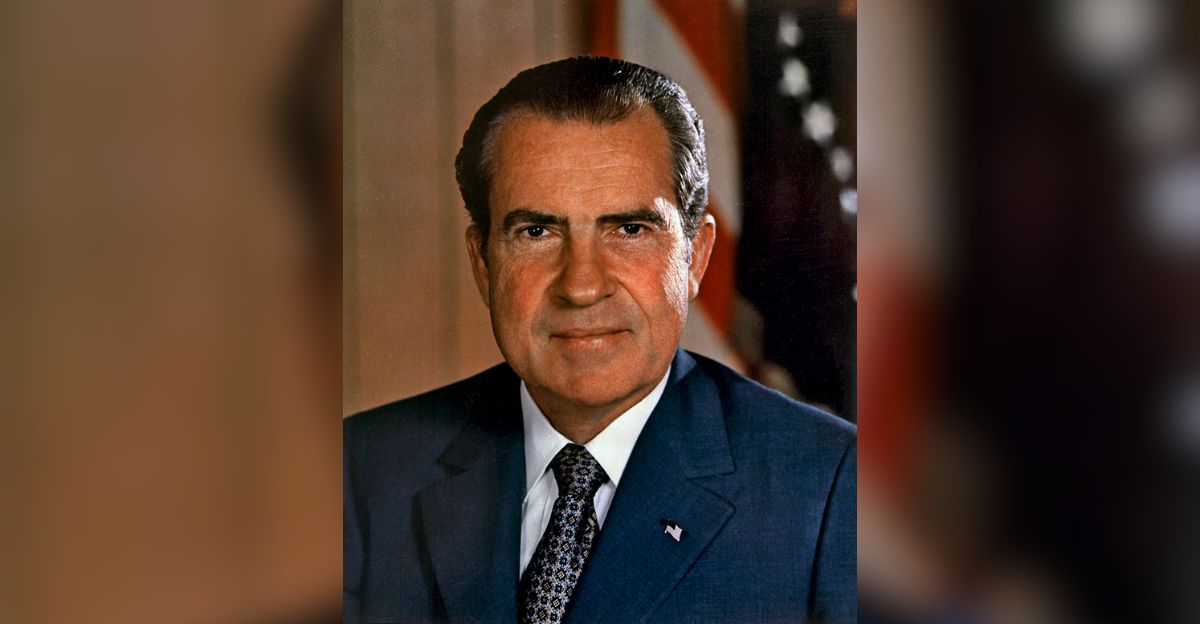
Richard Nixon’s name evokes scandal—but history tells a more complicated story. He opened relations with China, signed key arms control treaties with the Soviet Union, and created the Environmental Protection Agency.
These achievements were overshadowed by Watergate, which sparked a new era of government distrust. Nixon’s fall was dramatic, but his global diplomacy remains among the most consequential of the modern era—a reminder that even flawed leaders can reshape the world.

